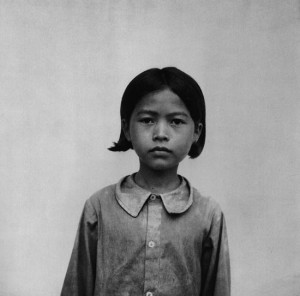“The first chapter of Susie Linfield’s provocative recent book, The Cruel Radiance: Photography and Political Violence, is titled A Little History of Photography Criticism; or, Why Do Photography Critics Hate Photography? The polemic, as it turns out, is a precursor to a much bigger moral argument – an exploration of the fraught ethical landscape skirted by contemporary reportage photography. But Linfield, who is director of the cultural reporting and criticism programme at New York University, has her reasons for laying into the critics.
“In a recent interview in Art Forum, she said: “I teach criticism and read a lot of it, and some years ago I realised how different photography criticism can be in tone and approach from criticism of film, or music, or other cultural forms. Pauline Kael, Greil Marcus and others are very immersed in their subjects; they write analytically and critically but with love. By contrast, Susan Sontag and her postmodern heirs in the realm of photography criticism were very removed from, even hostile to, the subjects they discuss.”
“Sontag’s On Photography (published in 1977) remains one of the cornerstones of photography criticism, as does Roland Barthes’ more theoretically mischievous Camera Lucida (1980). Both books, along with Sontag’s later work Regarding the Pain of Others, question the idea that graphic photographs of horror, atrocity or suffering can provoke the viewer into political action. Even John Berger, whom Linfield calls “the most morally cogent and emotionally perceptive critic that photography has produced”, is distrustful of graphic images of political violence.
“Faced with Don McCullin’s most powerful, and powerfully disturbing, photographs of human suffering from the Vietnam war, Berger writes that “these moments are utterly discontinuous with normal time … the reader who has been arrested by the photographs may tend to feel this discontinuity as his own personal moral inadequacy”. The shock the viewer feels at his moral inadequacy, Berger argues, “disperses” his initial feelings of outrage, so that “the issue of the war which has caused that moment is effectively depoliticised”. There is, of course, something to this argument – more so than Barthes’ uncharacteristically bald statement that images exhibited to shock us often “have no effect at all”.

